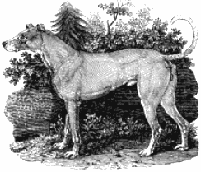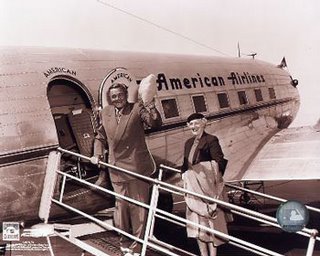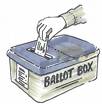
Here is a version of the story
Brave Gelert written by one of our students:
Once upon a time in the Middle Ages, in an unexplored part of North Wales, there was a gorgeous valley surrounded by enormous mountains. The mountains protected the valley against the cold winds from the north. Thus, the climate was warm for most of the year. This fact, together with the frequent rains, led the soil to yield sensational harvests.
The inhabitants of the valley were happy people who worked the land, from which they got sufficient money, so they lived comfortably. Part of the money they earned by selling their produce in the city at the end of the valley was sent to their much-admired prince Llewellyn. Llewellyn lived in a luxurious castle with his baby son Peter and his dog Gelert. Gelert had been Llewellyn's main support since the death of his wife, Alice, when she gave birth to Peter. If it hadn't been for Gelert, Llewellyn wouldn't have succeeded in coming to terms with his wife's death.
One sunny day it happened that the three of them went to spend the day in the southern part of the valley, in a small cottage of theirs. After having lunch, Llewellyn went hunting, leaving Gelert in charge of little Peter. While Llewellyn was enjoying himself, two wolves smelled the little baby and went to him: that day they were going to have a great feast. But when the wolves were approaching the cottage, Gelert heard them. Like a loyal friend, he hid the baby in some bushes
behind the cottage. Afterwards, he faced the wolves fiercely, without thinkin of his own life. He managed to kill both of them. However, that was at the cost of a serious wound to his neck, which oozed blood continuously. Tired, he lay down to sleep.
In the meantime, Llewellyn had been hunting and having fun. In such happiness, he couldn't imagine what danger his companion Gelert had been in. Despite the fact that he was having a good time, he decided to come back when it started to rain.
When he reached the cottage, he could see Gelert covered in blood. Just an instand afterwards, he could see that his son's cot was empty. The logical conclusion sprang to his mind immediately, so he took up his sword to take revenge. After having killed his sleeping dog, he heart his son's cries, which led Llewellyn to him. Just behind the cottage he found the two dead wolves, which made him understand everything.
Deeply sad and wanting to die, he couldn't regret his rash and unfair attitude more. Close to tears, he carried the dog to the top of the hill and buried him. Then he collected a pile of heavy stones to mark the grave. He couldn't be the same again. His soul was dead forever and the fertile valley turned into a desert. The grave is still there.
-- Beautifully written, Ana!
Labels: literature, the UK, writing
 In English, as in Spanish, the names of some brands have become the generic word for that object. The most common example is probably Kleenex. I bet you say, "Have you got a kleenex?" far more often than you would say, "Have you got a tissue?"
In English, as in Spanish, the names of some brands have become the generic word for that object. The most common example is probably Kleenex. I bet you say, "Have you got a kleenex?" far more often than you would say, "Have you got a tissue?"












